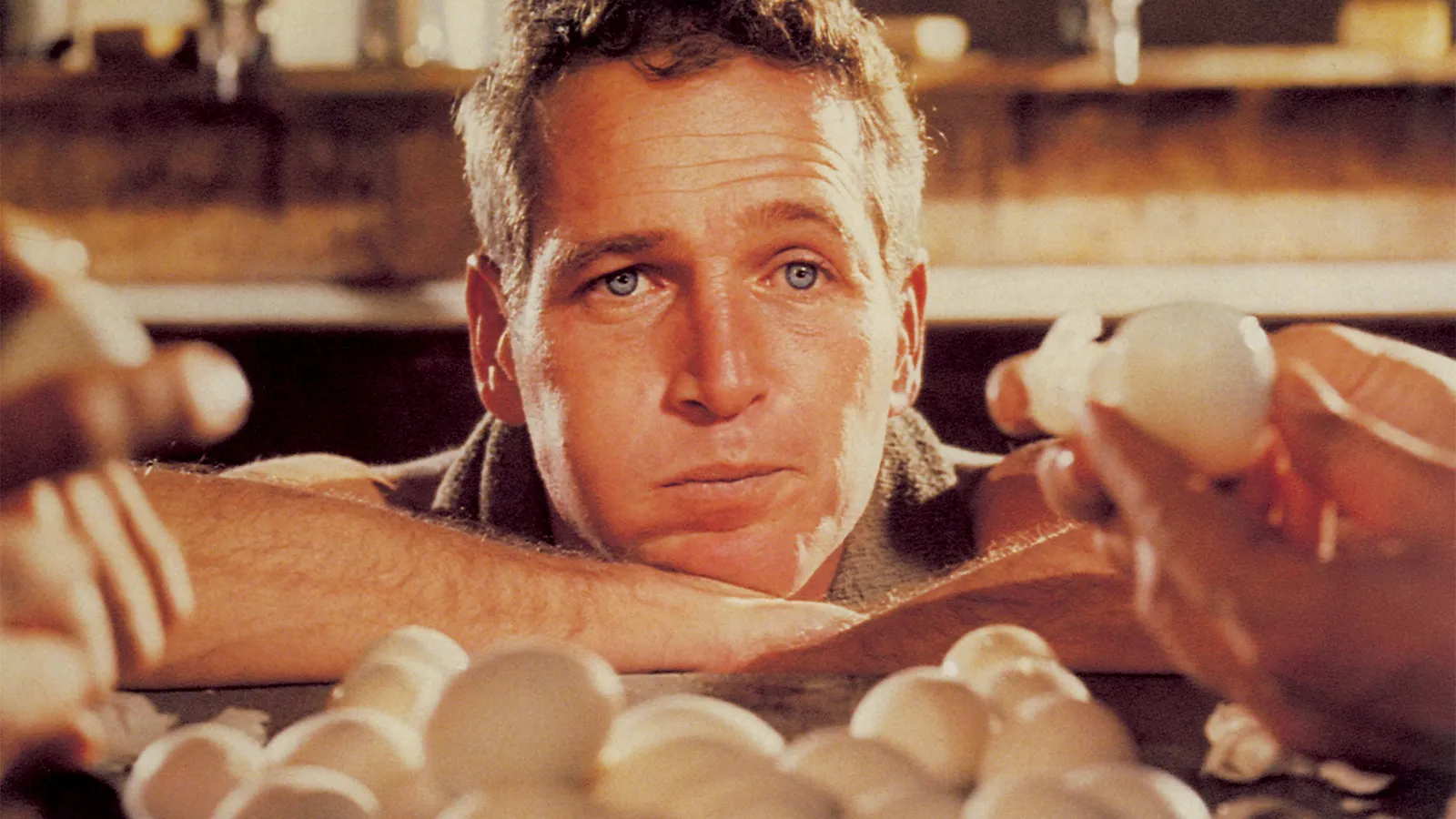Everyone has opinions on breakfast. Specifically, the best time to eat breakfast – if you’re eating it at all. Though the timing of dinner might be a cultural hot potato, no meal summons up views as divergent as breakfast. The popular imagination – with a little help, over the years, from cereal companies – often views it as “the most important meal of the day”. And yet many of us skip it entirely, and subside off coffee until lunch.
But is there, from a health perspective, a best time to eat breakfast? Should we be eating breakfast at all? If so, what should we be eating? Nutrition experts generally agree that you shouldn’t be scarfing down food as soon as you wake up – leave it a couple of hours, at least, until mid-morning.
Put your fork down at least three hours before bed, say the experts – but don’t stress if it’s your biggest meal of the day
There are a few reasons for this. One is that it extends your overnight fasting window and “gives your gut a little bit more of a rest”, says Rupy Aujla, a doctor who produces podcasts and cookbooks as The Doctor’s Kitchen. Time-restricted eating – having at least 12 hours between the last food you eat one day and the first food you eat the next – makes the body burn fat rather than carbs, and is associated with weight loss and general good metabolic health. When you first wake up, says Aujla, you should be much more focused on rehydrating with water, because “your kidney’s been working overtime” during the night. He puts a bit of salt in his water for that purpose, and doesn’t eat any proper food until around 9 or 10am.
The problem with traditional, carb-heavy breakfast foods, like cereal, toast and pastries, is that they give you “a lovely glucose spike that fuels your cells, and then you have a corresponding crash”, says Aujla. “You’re hungry [again] by mid-morning, and need coffee and other stimulants to keep yourself focused and up-and-running until lunchtime.” Instead, he recommends a meal high in protein and fibre – partly because we often generally skimp on protein, which we need “from the perspective of longevity”, and partly because protein and fibre keep us energetic and satiated through the morning.
Aujla has a few go-to breakfasts along these lines. In the week, he relies on overnight oats that go easy on the actual oats. “I have two tablespoons of oats, two tablespoons of milled flax seed, one tablespoon of chia and one tablespoon of hemp seeds,” he says. “Then I’ll add grated apple, some pumpkin seeds, a bit of protein powder, and then water or coconut milk or whatever. You’re matching those oats, that are quite carbohydrate rich, with [things that are] fibre and protein rich.” When he has more preparation time, he has scrambled eggs or tofu on properly seeded bread (“not like a supermarket bread that’s actually quite carb rich”), or shakshuka with lentils and avocado.
Then there’s the more fundamental question: do you need breakfast at all? For many, the meal is no more than a distant memory, especially on weekdays. There is an association, says Collins, between skipping breakfast and obesity, although that’s most likely due to overweight people trying to eat less by cutting out a meal. A late-morning, protein- and fibre-packed breakfast is generally a good idea, but it might just be too logistically inconvenient. Don’t stress if you generally miss breakfast completely, he says – just make sure you compensate, nutrition-wise, with your other meals, and don’t overcompensate by overeating later in the day. “Maybe there’s some something to say about brunch,” he adds. Maybe there is indeed – what’s the real difference between a late, savoury breakfast and brunch, anyway?













Comments are closed